Inman
The 4 most desired features of historic homes

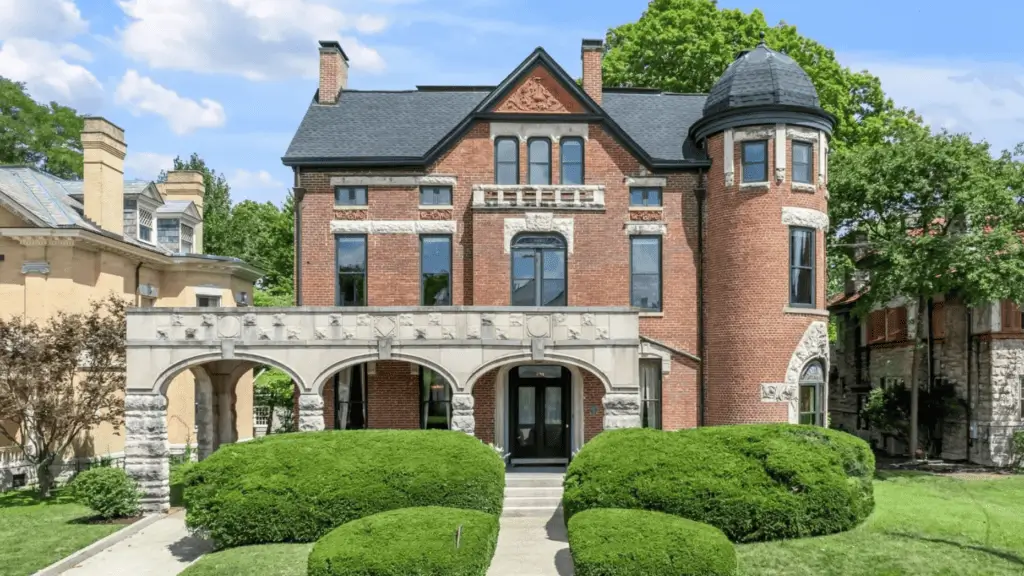
Jimmy Turek – Bluegrass Sotheby’s International Realty
For some buyers, purchasing a home isn’t only about finding a place to live. There’s a special subset of clients who are looking for homes that can tell a story, structures rich in character and quirks that many newly built properties lack.
“Preserving historic properties is part of a person’s character — it takes a certain type of person or family who wants to preserve a home,” says Jimmy Turek, Real Estate Professional, Bluegrass Sotheby’s International Realty.
Part of this character is a discerning nature, adds Lorraine First, Real Estate Professional, Kienlen Lattmann Sotheby’s International Realty. “Many buyers of historic homes are seeking a home that is different from the typical homes in the area,” she says.
So, what makes a property truly historic in the eyes of homebuyers? Let’s take a look at the most desired features of homes that continue to stand the test of time and taste.
1. In architecture lies authenticity
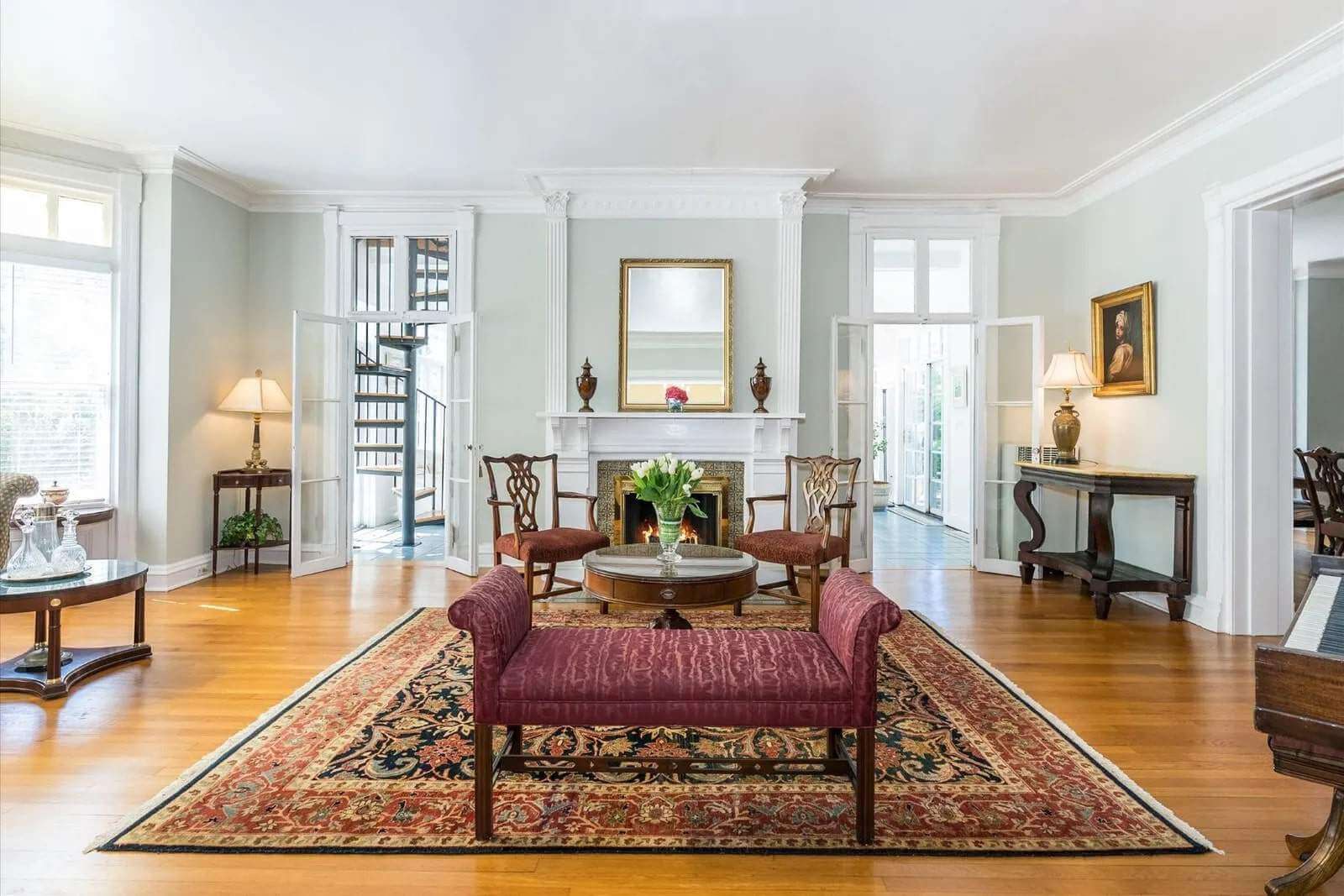
Lorraine First – Kienlen Lattmann Sotheby’s International Realty
It’s the details that make historic properties so special, according to First. “Generally, buyers appreciate things like the intricate millwork, inlaid wood flooring, custom stained glass, and fireplaces with elaborate mantels.”
But just as each historic property is a unique artifact of a different time, each homebuyer has their own criteria that informs their search. “It really does depend on each buyer’s preference,” notes Turek. “It could be based on the style of historic architecture — for example, a mid-century modern with original terrazzo floors. Or, as is the case with my current listing, Romanesque features and large grand rooms.”
2. Originality stems from compelling origins
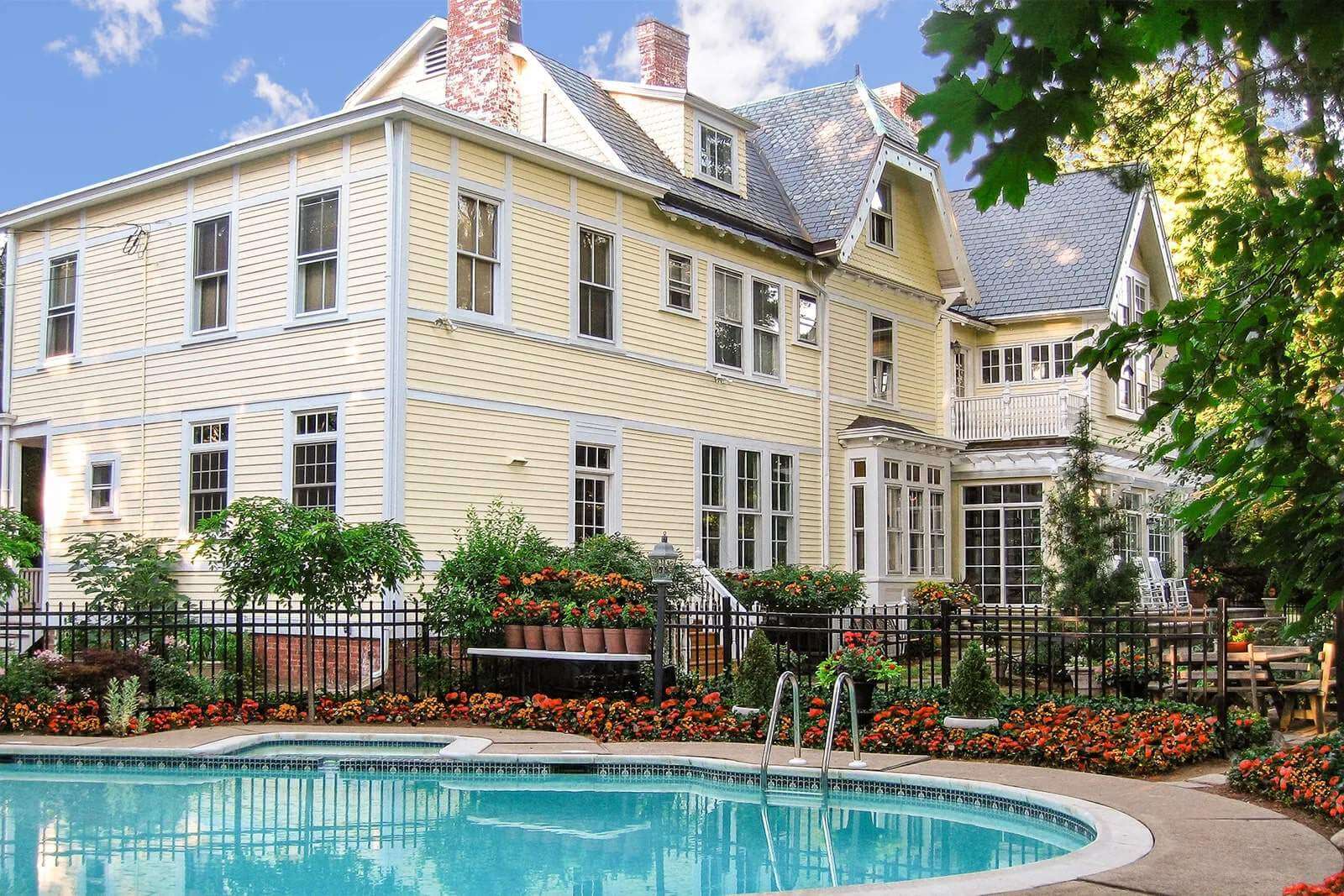
Lorraine First – Kienlen Lattmann Sotheby’s International Realty
To illustrate an example of how properties acquire captivating stories, First shares a tale of her own. “Many wealthy residents of New York City would ‘summer’ in northern New Jersey to escape the heat of the city, and consequently, the social scene was very lively during the summer months in these towns.

“Many of these homes were designed to entertain and impress the guests. For example, Alfred Vail, the renowned American industrialist credited with inventing the telegraph and Morse Code, built a magnificent home that epitomizes the opulence of Morristown’s illustrious Gilded Age.”
3. Classic in design, modern inconvenience
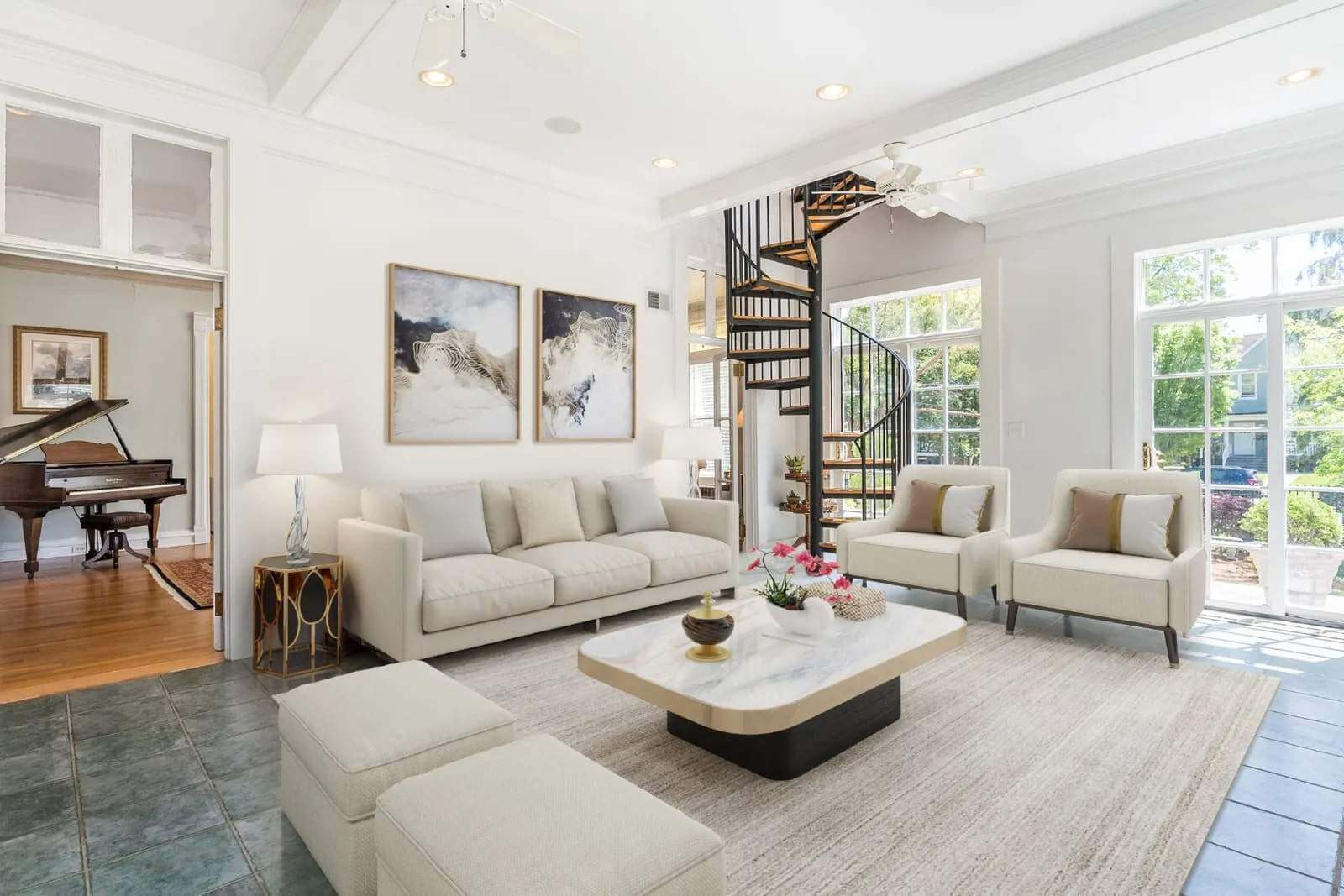
Lorraine First – Kienlen Lattmann Sotheby’s International Realty
Just because a home is designated as “historical” doesn’t mean that it can’t feature the amenities boasted by newer properties.

“Many cities, counties, and municipalities are implementing historic overlays in historic districts and neighborhoods to protect the exterior integrity and historical significance of the homes,” notes Turek. “However, they still allow buyers to update the interiors to today’s standards.
4. History in the heart of the city
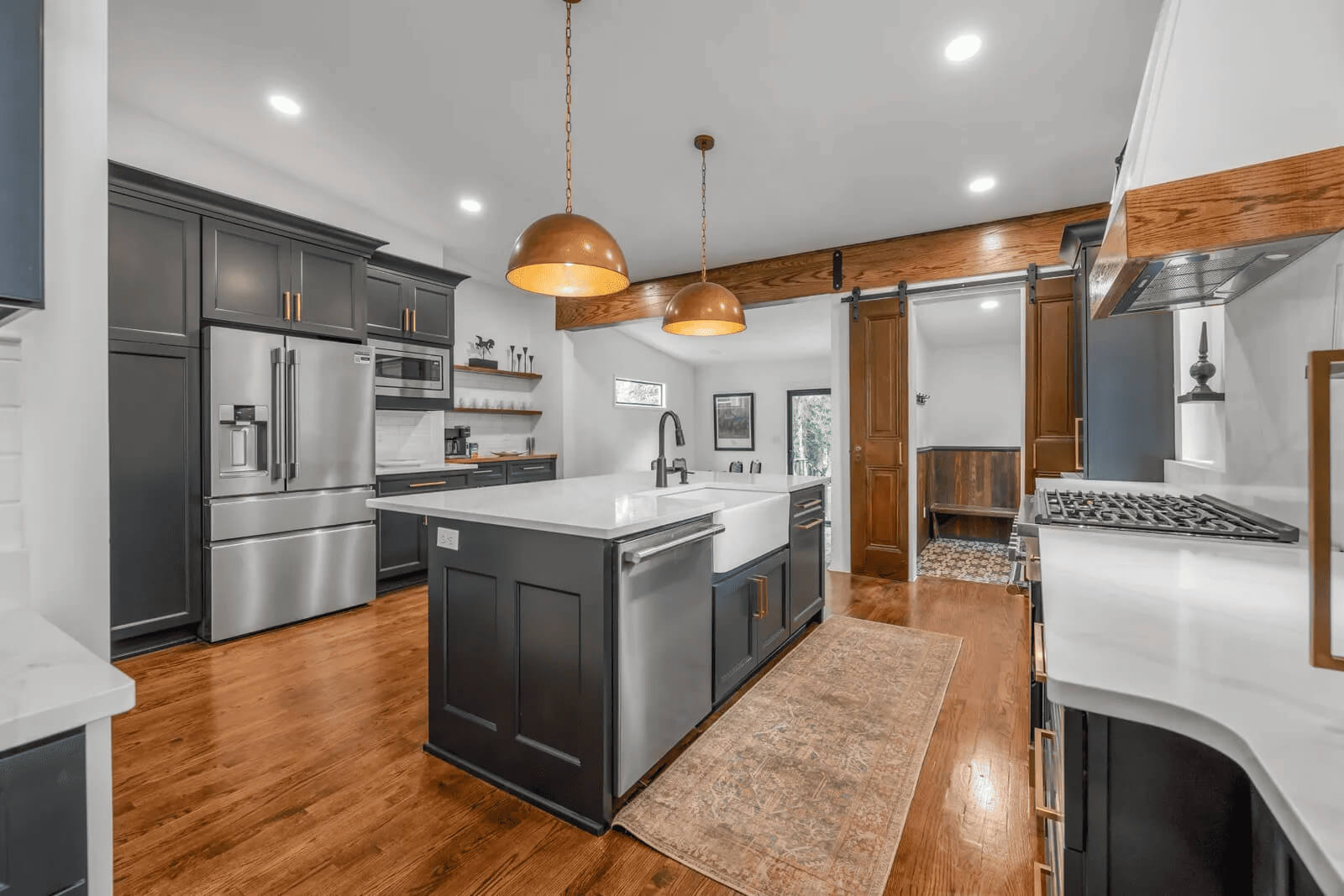
Bryan Wehrman and Michael McNeill – Bluegrass Sotheby’s International Realty
Luxury properties are often situated in neighborhoods miles away from the city’s center, necessitating longer commutes, and less direct access to the vitality metropolitan living can provide. That’s usually not the case with historic properties, as First notes.
“Many buyers want to be closer to the center of town and sacrifice a larger lot and modern home for more convenience,” she says. “One result of the urbanization movement is the rehabilitation of older and historic homes because of their proximity to the urban center.”
A legacy worth preserving
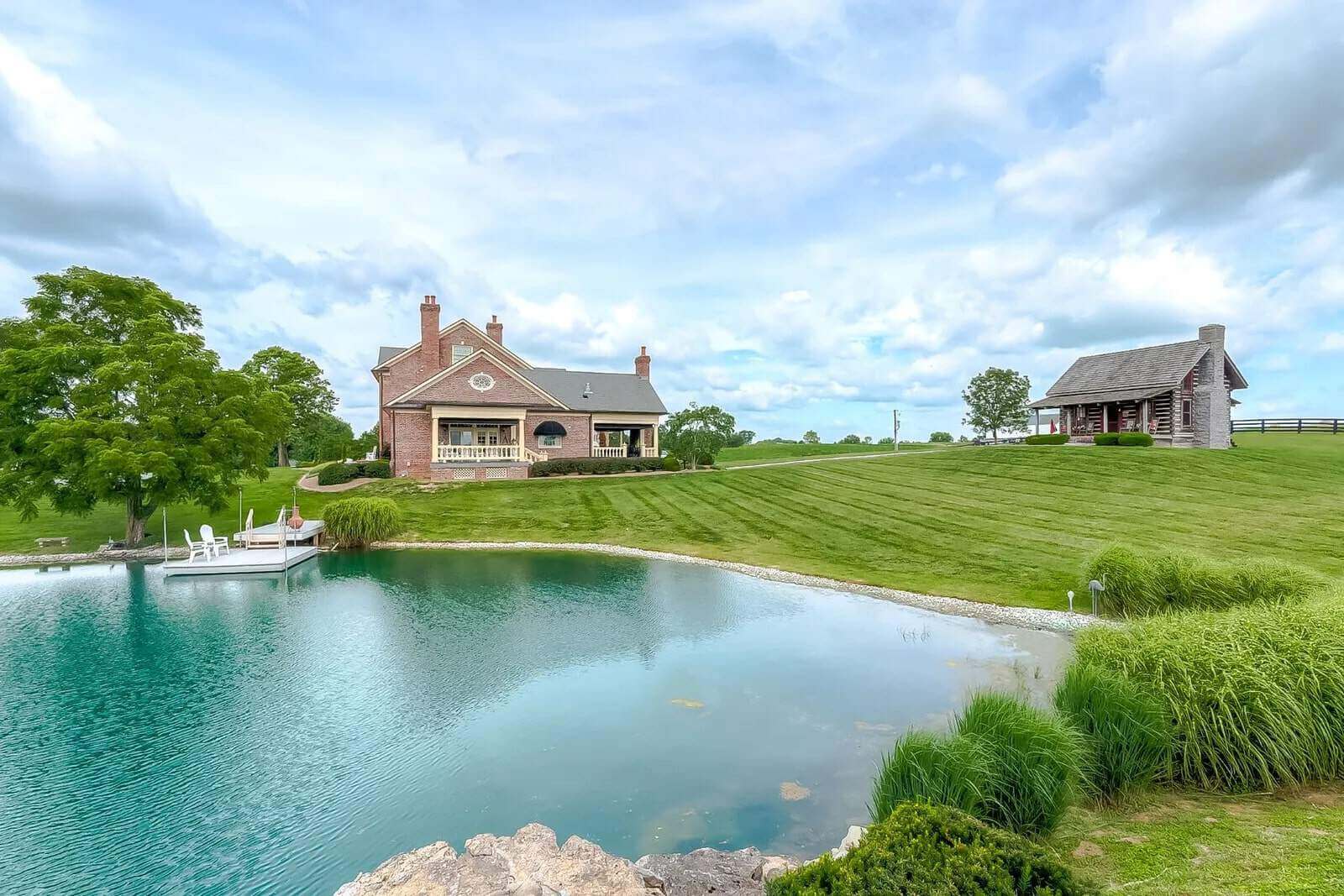
Blake Ferguson – Bluegrass Sotheby’s International Realty
First has observed reluctance from some clients when it comes to purchasing a historic home. “Many people anticipate a larger maintenance expense,” says First. “Authentic architectural design features are reflective of an original commitment to artistry and quality — and as with all homes, preventative maintenance is always easier and less expensive than repairs or restorations.”
Attentive upkeep to a historical property is a way to continually honor the care and craftsmanship that went into the original construction, and to ensure its story can be told for generations to come.
Experience the latest from Sotheby’s International Realty on Instagram, Facebook, Twitter, Linkedin, YouTube, and TikTok.
Source: https://www.inman.com/2023/11/06/the-4-most-desired-features-of-historic-homes/
